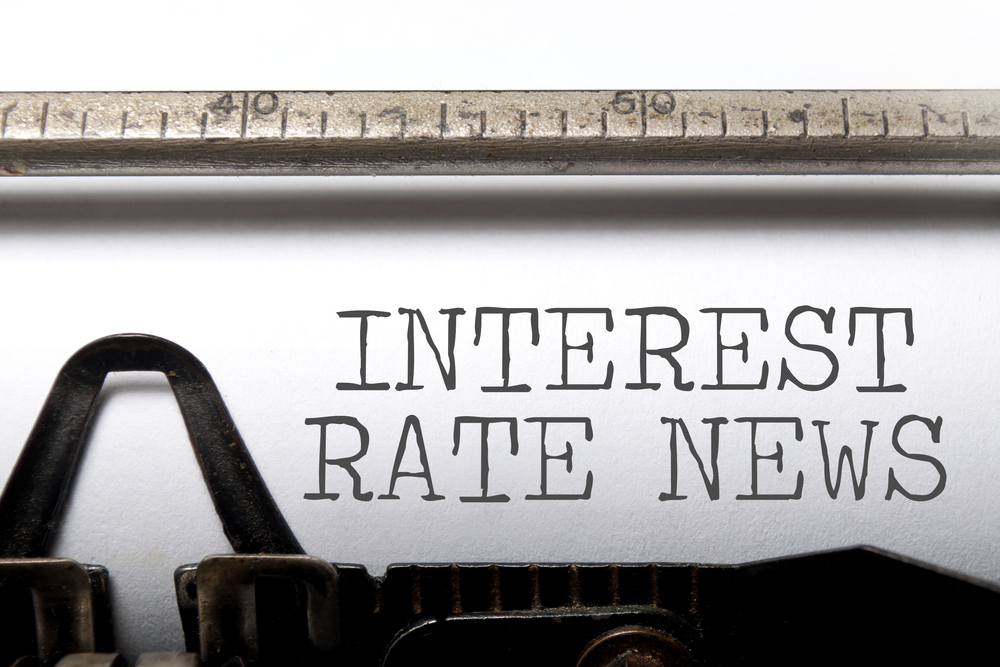If you’re planning on moving house, you may be wondering whether to take your existing mortgage with you or apply for a new deal completely.
Many mortgage deals are ‘portable’, meaning you can transfer your current deal over to a new property. However, although this might sound straightforward, it can come with complications.
For example, when you ‘port’ your mortgage, you’ll have to reapply for the same deal you currently have. Here are a few things to take into consideration.
Mortgage criteria may have changed since you originally applied for your mortgage
Since mortgage criteria has tightened in recent years, if you obtained your current mortgage when lenders were much more flexible, you may struggle to be approved for the deal this time around, even though you technically already have it!
If your financial circumstances have changed, your mortgage application may be rejected
You’re particularly likely to struggle if your circumstances have changed since you originally applied for your mortgage. For example, if you’ve become self-employed, your income has fallen or your debts have increased, your lender may be reluctant to offer you the same deal again. You may also face difficulties if your credit rating has changed.
You might not be able to borrow more money
If you’re moving into a more expensive property, you may need a bigger loan to cover its cost. The problem is, your lender might refuse to do this, particularly if your current loan already reaches the maximum they’re prepared to lend based on your income.
You may end up tied to a poor rate of interest
When porting your mortgage, there’s no guarantee you’ll be able to keep your current interest rate. This could see you paying more money than necessary and missing out on a much more affordable deal.
Switching to a new loan can see you having to pay fees
If you’re unable to port your mortgage, you can abandon your existing product in favour of a new one entirely. However, you may have to pay a series of fees and charges in order to do this.
The fees could include an early repayment charge, an exit fee and charges for the new home loan such as arrangement fees and valuation fees.
Do some sums before deciding whether to port or switch your mortgage deal
Once you’ve determined whether porting your mortgage is an option for you personally, it’s wise to do some maths and figure out whether porting or switching is more cost effective. You’ll need to compare the cost of keeping your current deal with the cost of starting afresh.
Look at how long you have left on your current deal as this can have an impact on the fees you’ll pay. Usually, the earlier you leave a deal, the larger the fees you’ll face. So if you only have a few months left, the impact on your finances is likely to be less significant than if you have a few years left. Get in touch with your lender to determine exactly how much they’d charge you.
If you’re struggling to work out which option is the most cost effective for you, it may be worth contacting a mortgage broker for help. A mortgage broker will be able to do the sums on your behalf while also pointing you in the direction of the best mortgage deals, if you choose to switch.
Please get in touch with the team at TaylorMade for more information.

